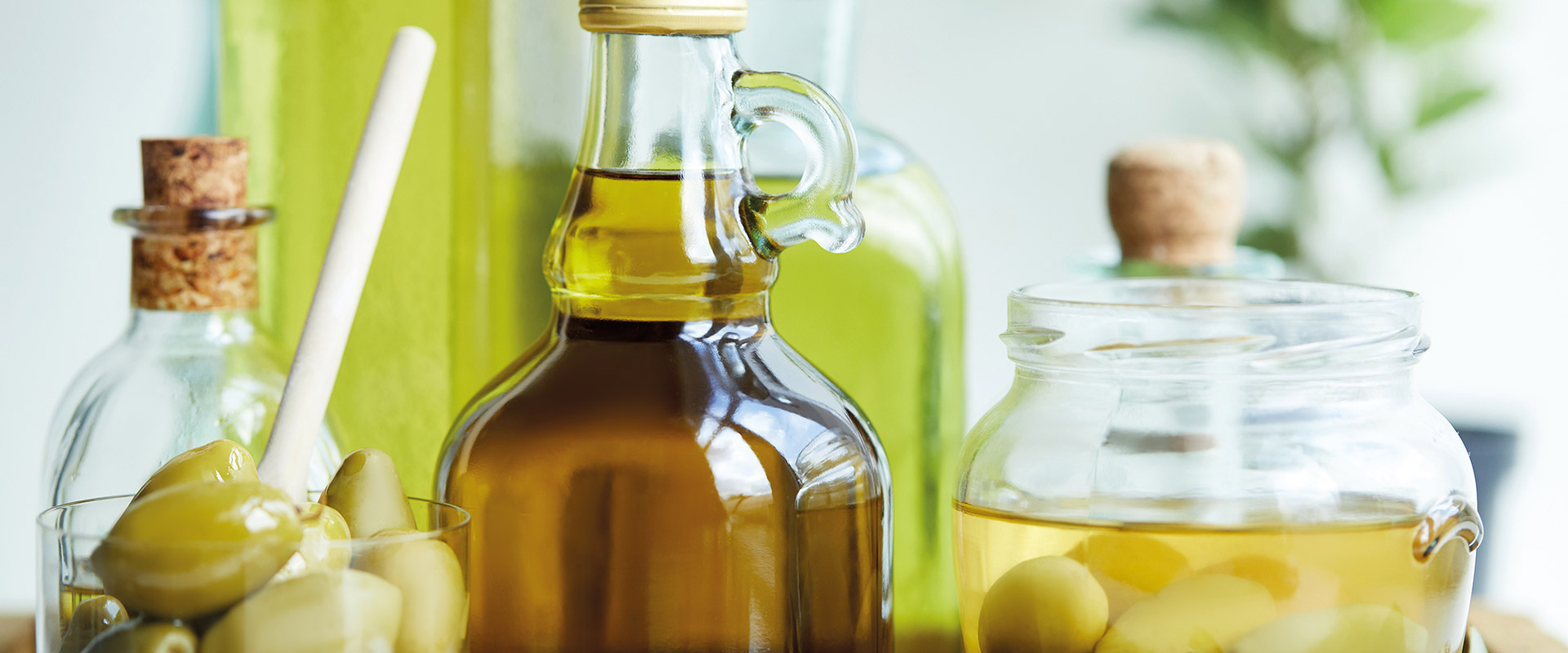

Articles
How To Store Olive Oil
Modified: December 7, 2023
Discover the best ways to store olive oil and keep it fresh for longer with our informative articles.
(Many of the links in this article redirect to a specific reviewed product. Your purchase of these products through affiliate links helps to generate commission for Storables.com, at no extra cost. Learn more)
Introduction
Welcome to our comprehensive guide on how to store olive oil. If you’re a fan of this liquid gold, then you know that proper storage is vital to preserve its flavor and quality. Whether you use olive oil for cooking, salad dressings, or drizzling over your favorite dishes, ensuring it stays fresh is essential for a great culinary experience.
Olive oil is known for its rich flavor, health benefits, and versatility in the kitchen. It is extracted from the fruit of the olive tree and comes in different varieties, including extra virgin, virgin, and light olive oil. However, regardless of the type you choose, proper storage plays a crucial role in maintaining its quality.
In this guide, we’ll provide you with all the necessary information on how to store olive oil to maximize its shelf life, flavor, and nutritional value. From choosing the right container to understanding the ideal storage conditions, you’ll learn all the tips and tricks to ensure your olive oil stays in optimal condition for as long as possible.
So, let’s dive in and unravel the secrets of storing olive oil!
Key Takeaways:
- Proper storage of olive oil is crucial to maintain its flavor and nutritional benefits. Use dark-colored glass bottles, store in a cool, dark place, and avoid common mistakes to ensure freshness.
- Recognize signs of spoiled olive oil and follow recommended storage conditions to extend its shelf life. Keep the container sealed, use clean utensils, and monitor the expiration date for optimal quality.
Read more: How To Store Olive Oil Cake
Understanding Olive Oil
Before learning how to properly store olive oil, it’s important to understand its composition and characteristics. Olive oil is rich in monounsaturated fats and polyphenols, which provide numerous health benefits. It has a distinct taste and aroma, which can vary depending on the variety and quality.
The quality of olive oil is determined by several factors, including the olive cultivar, the region where it’s grown, and the extraction process. Extra virgin olive oil is considered the highest quality and is obtained through cold pressing olives without the use of heat or chemicals. It retains a superior flavor and retains more of the beneficial nutrients.
When exposed to air, light, and heat, olive oil undergoes oxidation, leading to a reduction in its quality. It can become rancid, resulting in a stale taste and loss of nutritional value. That’s why proper storage is crucial to preserve its freshness and maximize its shelf life.
Now that we have a basic understanding of olive oil, let’s move on to the next section to learn about choosing the right container for storage.
Choosing the Right Container
When it comes to storing olive oil, choosing the right container is key. The container should protect the oil from exposure to air, light, and heat, which can cause oxidation and spoilage. Here are a few factors to consider when selecting the right container for your olive oil:
- Dark-colored glass bottles: Opt for containers made of dark-colored glass, such as amber or green. These colors help to block out harmful UV rays and reduce the risk of light exposure, which can degrade the oil.
- Airtight and opaque: Ensure that the container you choose is airtight and opaque, meaning it should have a tight seal and be completely opaque to prevent any light from entering.
- Avoid plastic containers: Plastic containers are not recommended for storing olive oil as they can leach chemicals into the oil over time, altering its taste and quality. Stick to glass or stainless steel options instead.
Many commercially available olive oils come in dark glass bottles with a pour spout, which are designed to protect the oil from exposure to light and air. If you purchase olive oil in a clear glass bottle, consider transferring it to a dark-colored, airtight container for better storage.
Additionally, it’s advisable to choose a container size that matches your consumption rate. Smaller containers are better if you consume olive oil quickly, as it reduces the exposure to air each time you open it. However, if you buy olive oil in bulk, storing it in larger containers can be more convenient. Just make sure to transfer the oil to smaller containers as you finish each one to minimize oxidation.
Now that you know how to choose the right container, let’s move on to the next section to learn about the proper storage techniques for olive oil.
Storing Olive Oil Properly
Proper storage of olive oil is essential to maintain its freshness, flavor, and nutritional value over time. Here are some key tips to help you store olive oil properly:
- Keep it in a cool, dark place: Exposure to heat and light can cause olive oil to spoil quickly. Store your olive oil in a cool, dark place, like a pantry or cupboard away from direct sunlight and heat sources like stoves or ovens.
- Avoid temperature fluctuations: Fluctuations in temperature can also accelerate the deterioration of olive oil. Keep it away from areas with frequent temperature changes, such as near a window or next to appliances that generate heat.
- Minimize air exposure: Oxygen exposure can cause oxidation, leading to rancidity. Always ensure that the container is tightly sealed when not in use to minimize air exposure. It’s best to use a container with a pour spout or airtight lid for easy opening and sealing.
- Don’t store near strong-smelling substances: Olive oil can absorb strong odors from neighboring substances. Avoid storing it near strong-smelling foods or chemicals to prevent any unwanted flavor transfer.
- Avoid refrigeration: While refrigeration may seem like a good idea, it can cause the olive oil to solidify or condensation to form inside the container, affecting its quality. It’s best to store olive oil at room temperature.
By following these storage guidelines, you can ensure that your olive oil stays fresh and flavorful for a longer period. However, it’s important to note that even with proper storage, olive oil will gradually degrade over time. It’s recommended to use it within its recommended shelf life for the best results.
In the next section, we will explore the recommended storage conditions for olive oil to help you maintain its quality effectively.
Recommended Storage Conditions
To ensure that your olive oil stays fresh and maintains its flavor, it’s important to store it under the right conditions. Here are the recommended storage conditions for olive oil:
- Temperature: Olive oil should be stored at a temperature between 57°F (14°C) and 70°F (21°C). Avoid storing it in areas where the temperature exceeds 86°F (30°C) to prevent the oil from degrading quickly.
- Light: Olive oil should be protected from light exposure, as it can cause oxidation and spoilage. Store it in a dark place, such as a pantry or a cupboard, away from direct sunlight or bright artificial light sources.
- Air: Minimize the contact of olive oil with air, as exposure to oxygen can lead to rancidity. Always ensure that the container is tightly sealed to prevent air from entering. Consider using smaller bottles to minimize the amount of air in contact with the oil each time you open it.
- Separation: Over time, sediment or particles may settle at the bottom of the olive oil container. To prevent uneven flavors, gently shake the container before use to redistribute any sediment.
By following these recommended storage conditions, you can prolong the shelf life of your olive oil and maintain its quality. However, it’s important to note that olive oil is a natural product and can gradually degrade over time, even with proper storage. Therefore, it’s always advisable to check for signs of spoilage before using it.
In the next section, we will discuss some common mistakes to avoid when it comes to storing olive oil.
Store olive oil in a cool, dark place away from heat and light to prevent oxidation. Use a dark glass bottle or a stainless steel container to protect it from light exposure.
Read more: How To Store Basil In Olive Oil
Avoiding Common Mistakes
When it comes to storing olive oil, there are some common mistakes that many people make. Avoiding these mistakes will help you maintain the quality and freshness of your olive oil. Here are some of the common mistakes to watch out for:
- Exposing it to heat and light: Heat and light are the biggest enemies of olive oil. Avoid storing it near heat sources like stoves or ovens and keep it away from direct sunlight. High temperatures and light exposure can accelerate oxidation and spoilage.
- Using improper containers: Using improper containers, such as plastic bottles or containers that allow light to penetrate, can negatively impact the quality of the oil. Always store olive oil in dark-colored glass bottles with airtight seals to protect it from light and air exposure.
- Using a decanter: While decanters may be aesthetically pleasing, they are not ideal for storing olive oil. They expose the oil to air, which can cause oxidation and spoilage. It’s best to store olive oil in its original container or transfer it to a suitable airtight bottle.
- Buying in large quantities: Olive oil is best when consumed within its recommended shelf life. Buying in large quantities increases the chances of the oil going rancid before you can use it all. It’s better to buy smaller quantities of olive oil more frequently to ensure maximum freshness.
- Not checking for signs of spoilage: It’s important to periodically check your olive oil for signs of spoilage. Look for any unusual smells, off flavors, or changes in color or consistency. If you notice any of these signs, it’s best to discard the oil and purchase a fresh bottle.
By avoiding these common mistakes, you can ensure that your olive oil remains fresh and of high quality for a longer period. Now that we’ve covered the common mistakes to avoid, let’s learn about the signs that indicate your olive oil may have spoiled.
Signs of Spoiled Olive Oil
While olive oil has a long shelf life, it can eventually become spoiled and unsuitable for consumption. It’s important to be able to recognize the signs of spoiled olive oil to ensure you are using only the freshest and tastiest oil. Here are some common signs that your olive oil may have spoiled:
- Unpleasant odor: One of the first signs of spoiled olive oil is a rancid or off smell. If your olive oil smells musty, metallic, or like crayons, it may be past its prime and should be discarded.
- Strange taste: Spoiled olive oil may have a stale, bitter, or rancid taste. If your oil tastes off or has an unpleasant aftertaste, it’s best not to consume it.
- Cloudy appearance: Fresh olive oil is typically clear and transparent. If you notice that your oil has become cloudy or has floating particles, it may indicate spoilage.
- Color changes: While the color of olive oil can vary depending on the variety, spoiled oil often exhibits a darker or murkier color. If you notice a significant change in color, it may be a sign of spoilage.
- Excessive sediment: Over time, sediment or particles may settle at the bottom of the olive oil container, which is normal. However, if you find excessive sediment or a sludgy texture throughout the oil, it’s best to discard it.
If you notice any of these signs, it’s advisable to dispose of the olive oil and replace it with a fresh bottle. Consuming spoiled olive oil can lead to an unpleasant taste experience and may affect your health.
In the next section, we will discuss ways to extend the shelf life of your olive oil to ensure it stays fresh for as long as possible.
Extending the Shelf Life
While olive oil does have a relatively long shelf life, there are several steps you can take to extend it even further. By following these tips, you can ensure that your olive oil stays fresh and maintains its quality for as long as possible:
- Buy fresh olive oil: Start by purchasing fresh olive oil from reputable producers. Check the expiration date on the bottle to ensure that you are buying the freshest oil available.
- Store it properly: As we’ve discussed earlier, storing olive oil in a cool, dark place away from heat, light, and air exposure is crucial. Follow the recommended storage conditions to maintain its freshness.
- Keep the container sealed: Make sure to tightly seal the container after each use to minimize air exposure. This will help slow down the oxidation process and prevent the oil from going rancid.
- Use clean utensils: When using olive oil, always use clean utensils or pour just the amount you need into a separate dish. This prevents cross-contamination and the introduction of debris or moisture into the bottle.
- Avoid using wet spoons: Moisture can promote the growth of bacteria and mold, leading to spoilage of the oil. To prevent this, make sure your spoons or measuring utensils are completely dry before using them with olive oil.
- Monitor the expiration date: While olive oil does not necessarily go bad after its expiration date, it’s a good idea to keep track of it. Using the oil within its recommended shelf life will ensure the best flavor and quality.
By following these practices, you can significantly extend the shelf life of your olive oil and enjoy its fresh taste and nutritional benefits for a longer period of time.
Now that we’ve covered the tips for extending the shelf life, let’s move on to some frequently asked questions about storing olive oil.
FAQs about Storing Olive Oil
Here are some frequently asked questions about storing olive oil:
- Can I store olive oil in the refrigerator?
- How long does olive oil stay fresh?
- What happens if olive oil gets exposed to light?
- Can I reuse the oil bottle for storing olive oil?
- How can I tell if olive oil has gone bad?
- Does olive oil spoil faster after opening?
It’s generally not recommended to store olive oil in the refrigerator as it can cause the oil to solidify and affect its quality. It’s best to store olive oil at room temperature in a cool, dark place.
The shelf life of olive oil can vary depending on factors such as its quality, storage conditions, and the date of production. Generally, extra virgin olive oil can last up to two years from the date of harvest, while other types may have a shorter shelf life. It’s important to check the expiration date on the bottle for guidance.
Exposure to light can cause olive oil to degrade more quickly due to oxidation. It’s best to store olive oil in a dark-colored bottle and keep it in a dark place away from direct sunlight or bright artificial light sources.
Reusing the original oil bottle for storing olive oil is fine as long as it is made of dark-colored glass and has an airtight seal. Make sure to thoroughly clean the bottle before transferring new oil to avoid any cross-contamination.
Signs of spoiled olive oil include a rancid or off smell, a stale or bitter taste, a cloudy appearance, unusual color changes, and excessive sediment. If you notice any of these signs, it’s best to discard the oil.
Once opened, olive oil will gradually degrade over time, but proper storage can help slow down the process. Make sure to tightly seal the bottle after each use and store it in a cool, dark place away from heat, light, and air exposure.
Following these guidelines and understanding how to store olive oil properly will help you maintain its freshness, flavor, and nutritional benefits for an extended period. By taking care of your olive oil, you can truly appreciate and enjoy its remarkable qualities in your cooking and recipes!
Read more: How To Store Infused Olive Oil
Conclusion
Properly storing olive oil is essential to preserve its flavor, quality, and nutritional benefits. By following the tips and guidelines outlined in this comprehensive guide, you can extend the shelf life of your olive oil and ensure that it remains fresh and delicious for as long as possible.
From choosing the right container to understanding the ideal storage conditions, you now have the knowledge to store your olive oil properly. Remember to keep it in a cool, dark place, away from heat, light, and air exposure. Use dark-colored glass bottles with airtight seals to protect the oil from oxidation and spoilage.
Avoid common storage mistakes, such as exposing the oil to excessive heat and light, using improper containers, and not checking for signs of spoilage. Be aware of the signs of spoiled olive oil, such as an unpleasant odor, strange taste, cloudy appearance, color changes, and excessive sediment. If you notice any of these signs, it’s best to discard the oil.
By implementing the recommended storage conditions and practices, you can extend the shelf life of your olive oil, ensuring that it remains fresh, flavorful, and nutritious. Additionally, understanding the frequently asked questions about olive oil storage provides further insight into proper storage techniques.
So, remember to store your olive oil in a cool, dark place, keep the container tightly sealed, and use clean utensils when handling. Enjoy the rich taste and health benefits of your properly stored olive oil in your culinary creations, and savor the robust flavors it adds to your dishes.
Now that you have the knowledge, go ahead and store your olive oil properly to preserve its quality and make the most out of this liquid gold in your kitchen!
Frequently Asked Questions about How To Store Olive Oil
Was this page helpful?
At Storables.com, we guarantee accurate and reliable information. Our content, validated by Expert Board Contributors, is crafted following stringent Editorial Policies. We're committed to providing you with well-researched, expert-backed insights for all your informational needs.

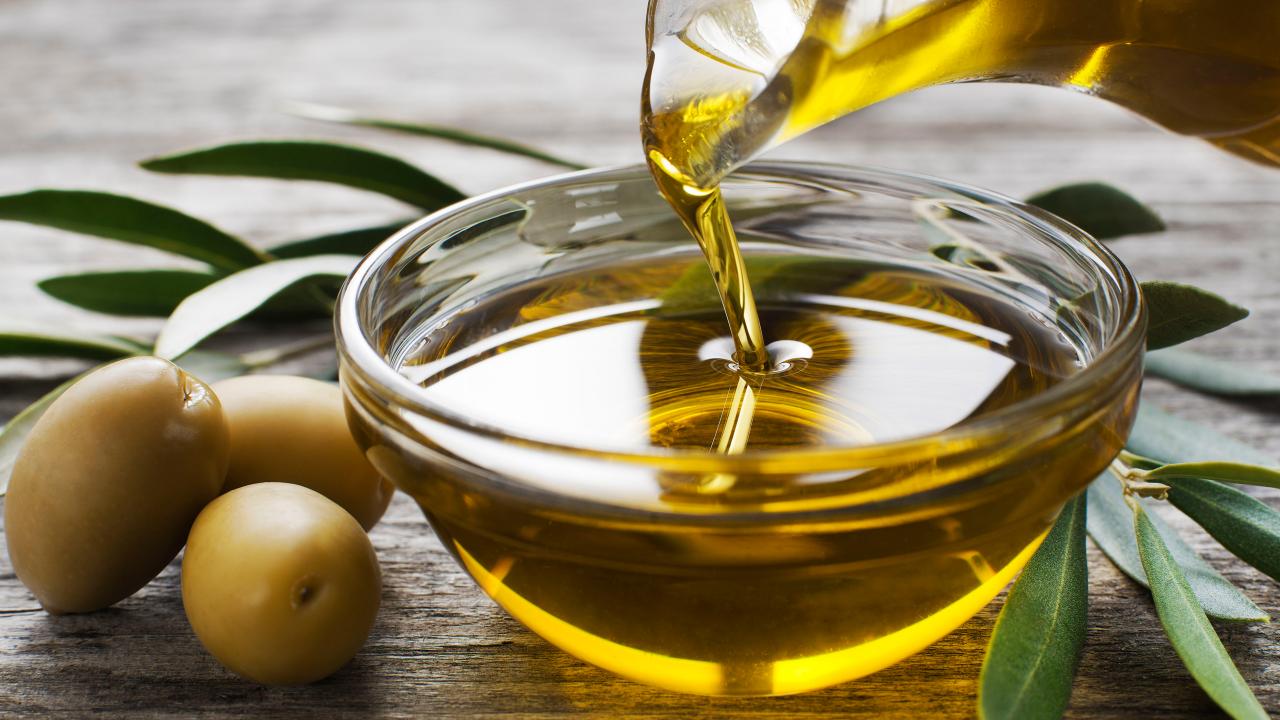
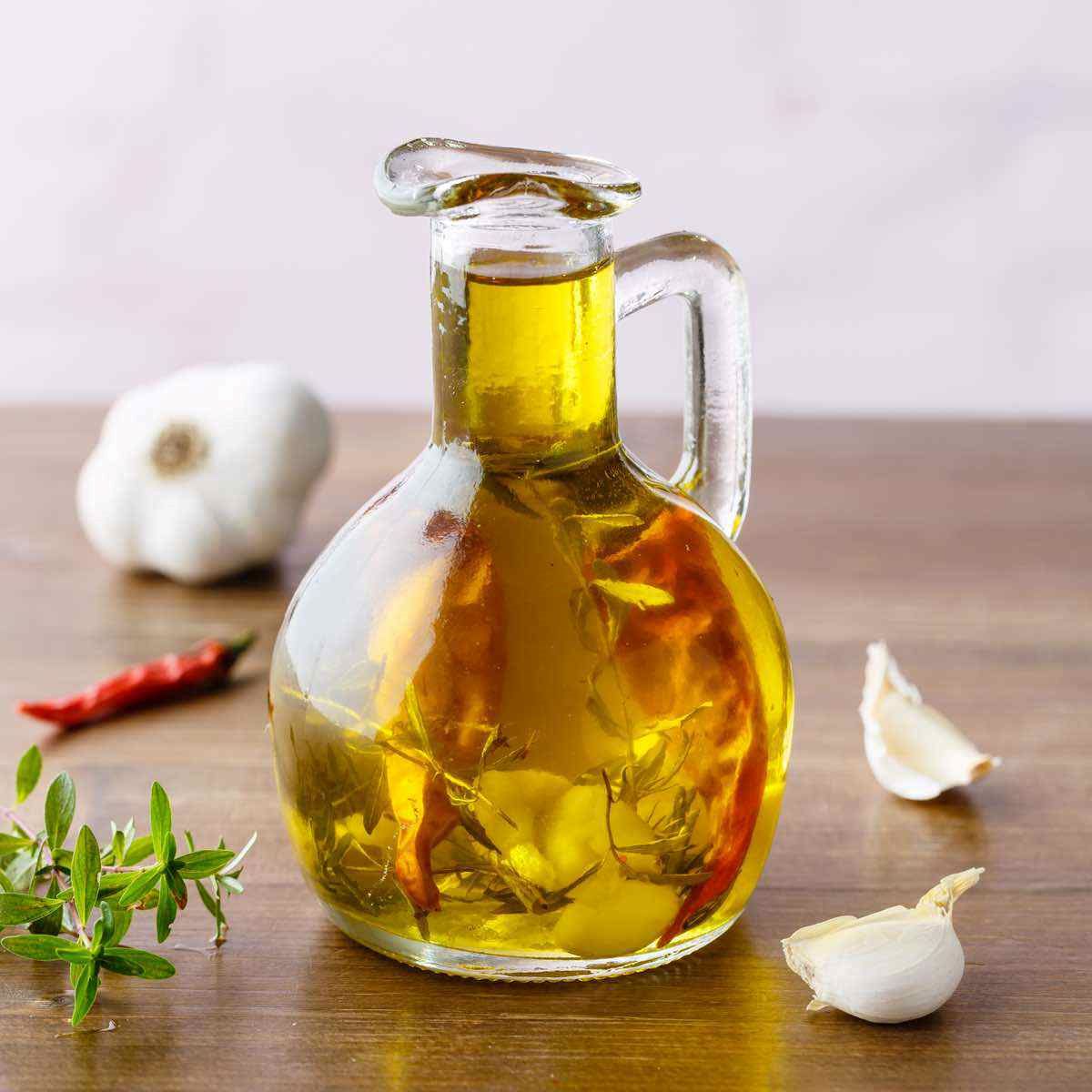
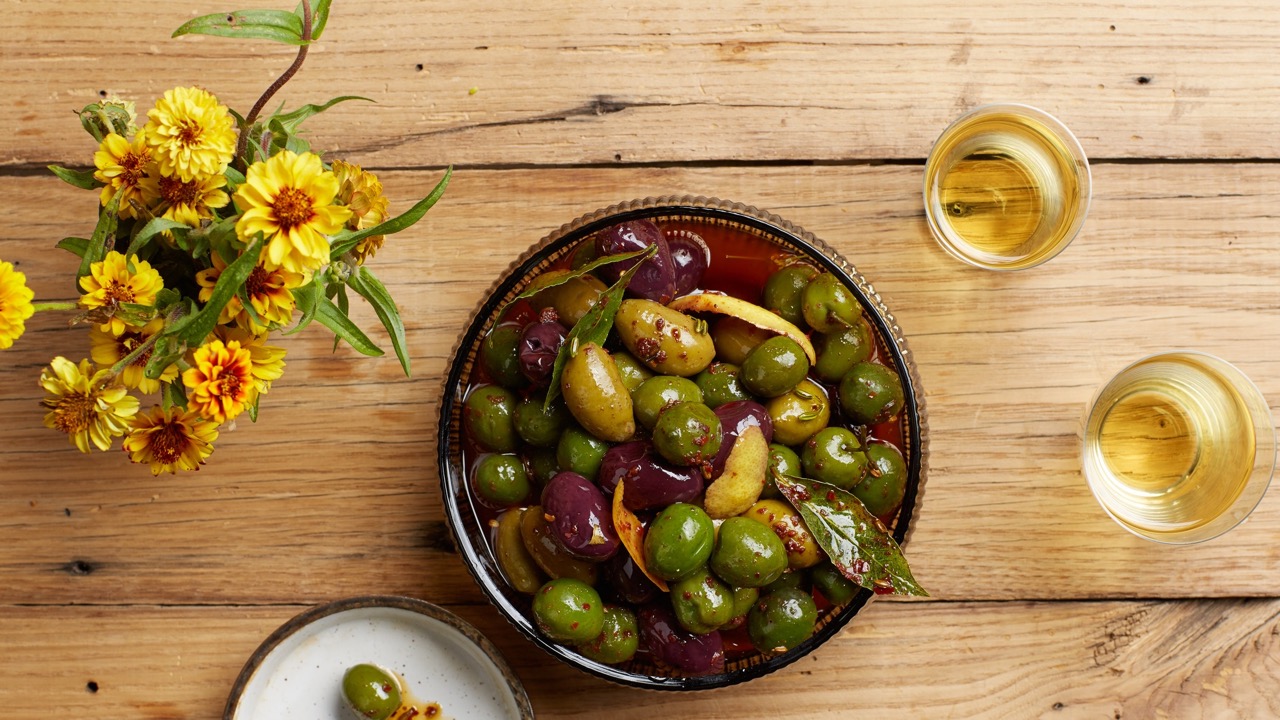

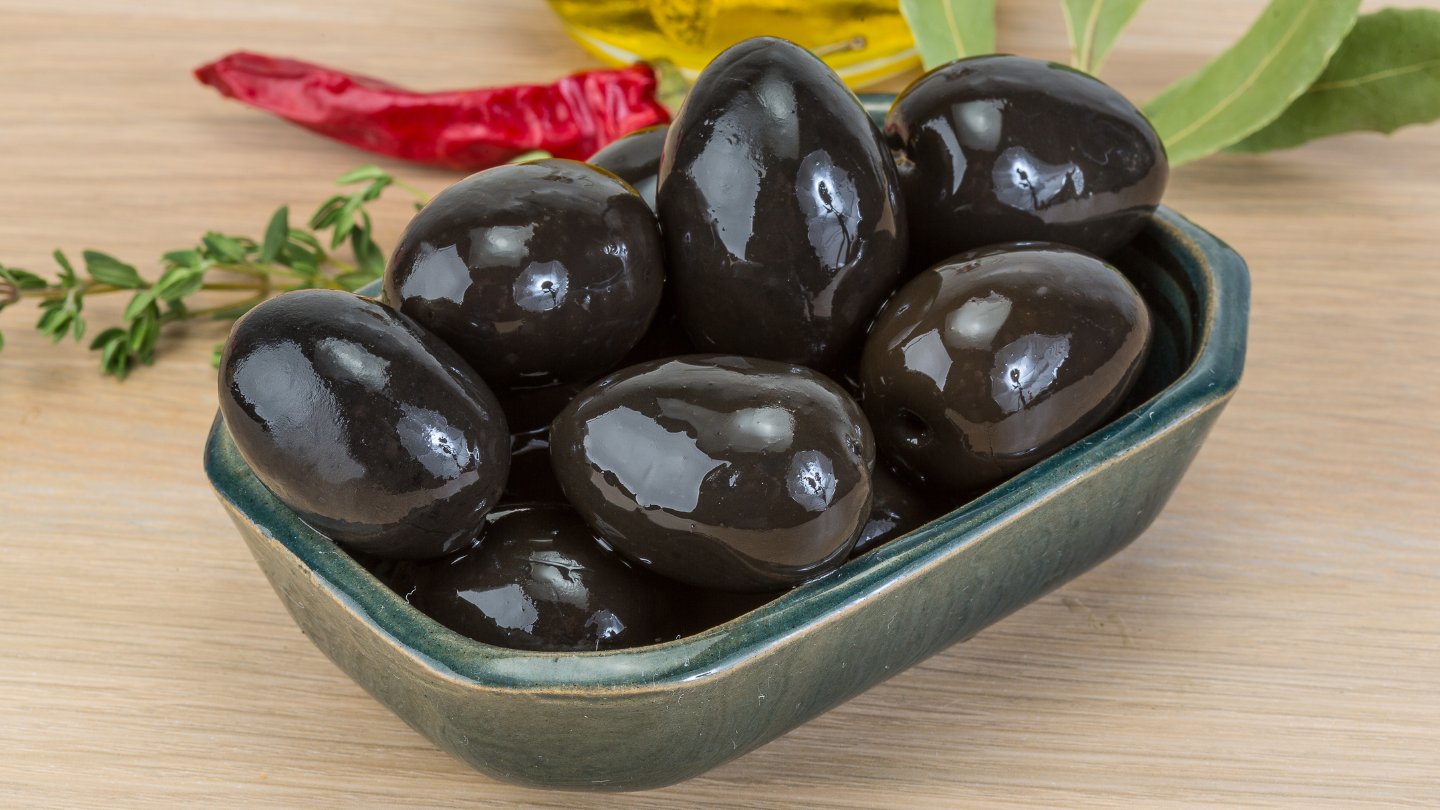
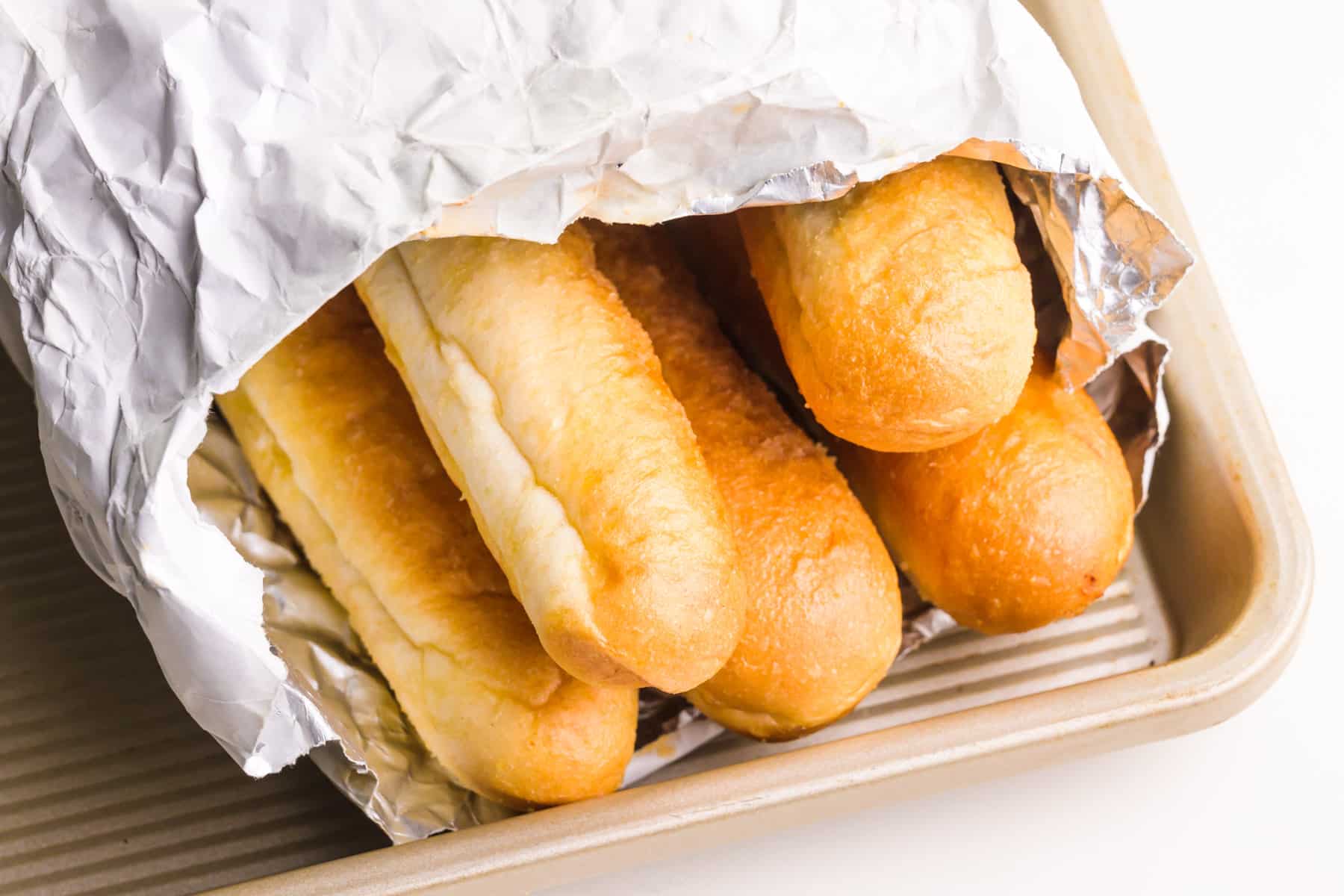
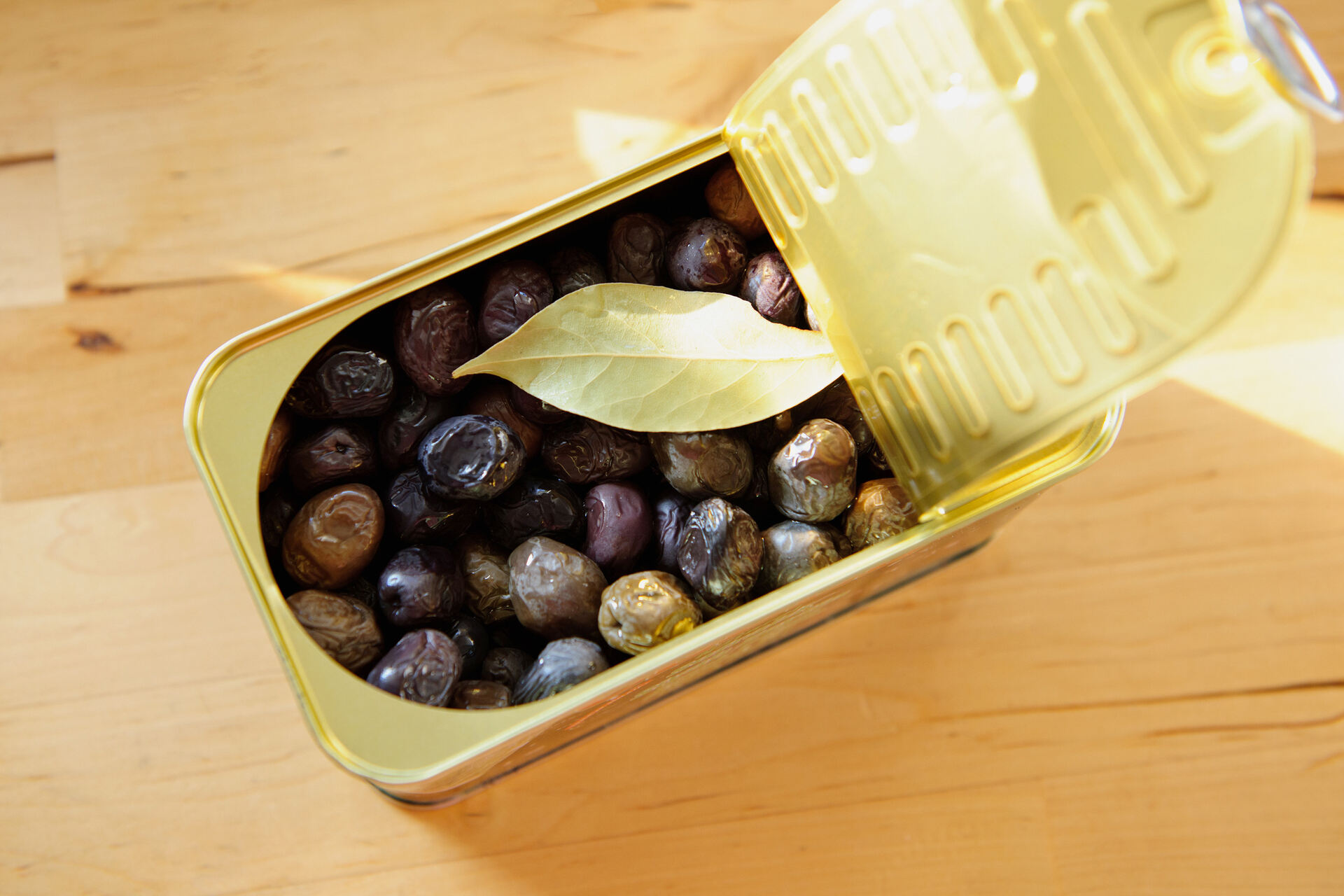
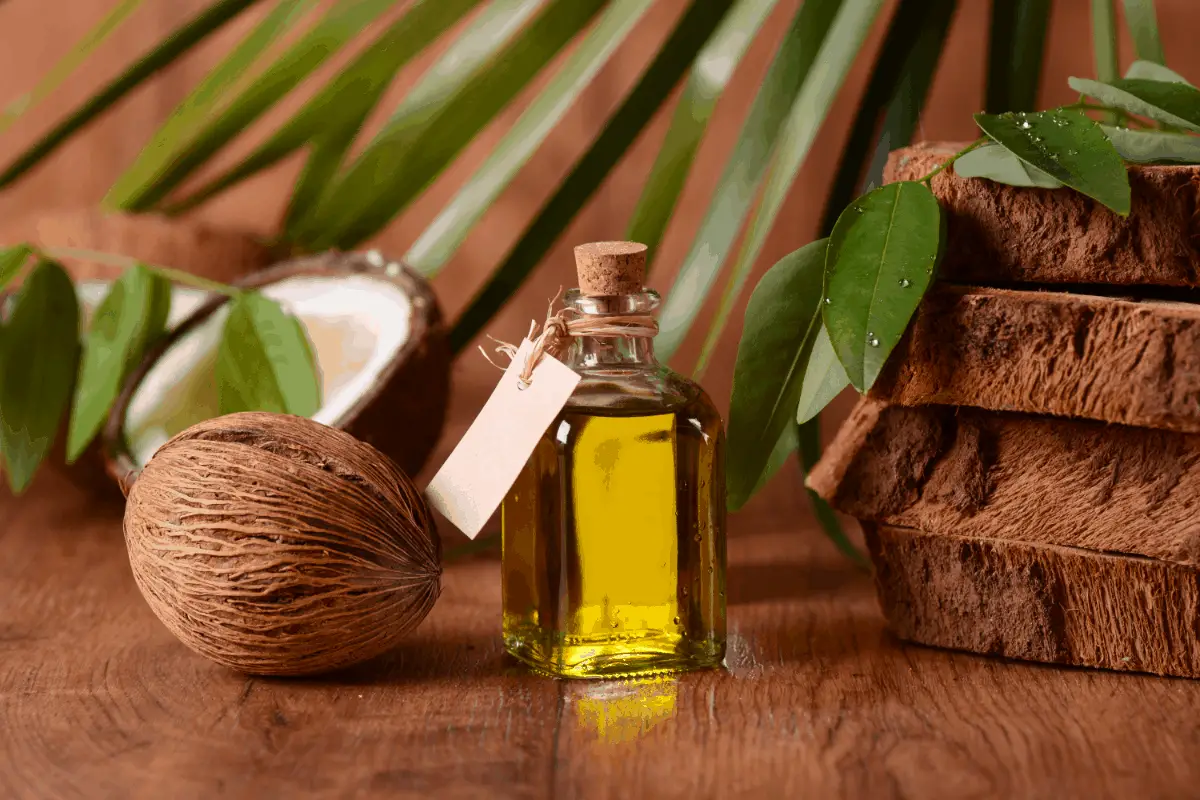
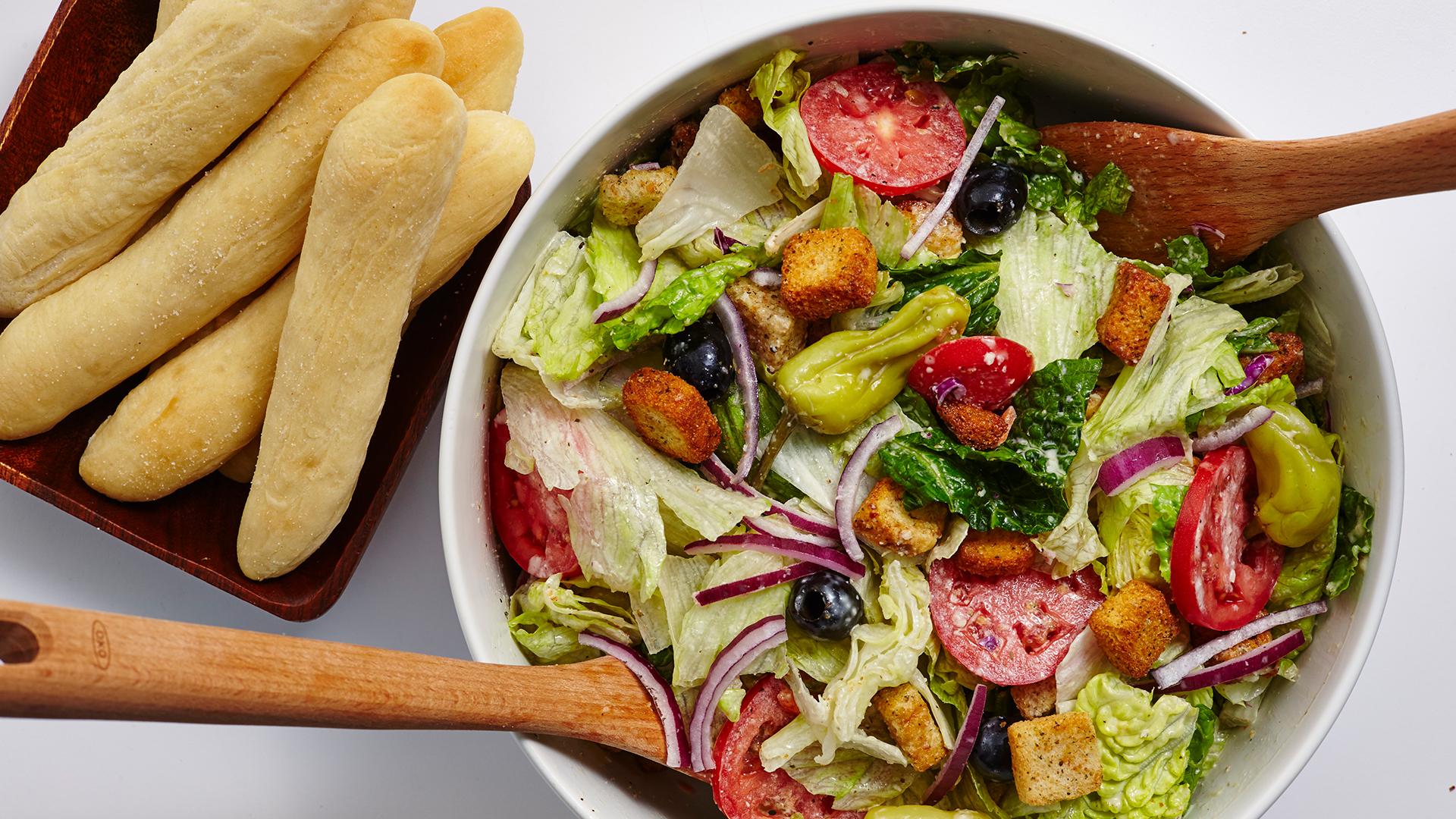
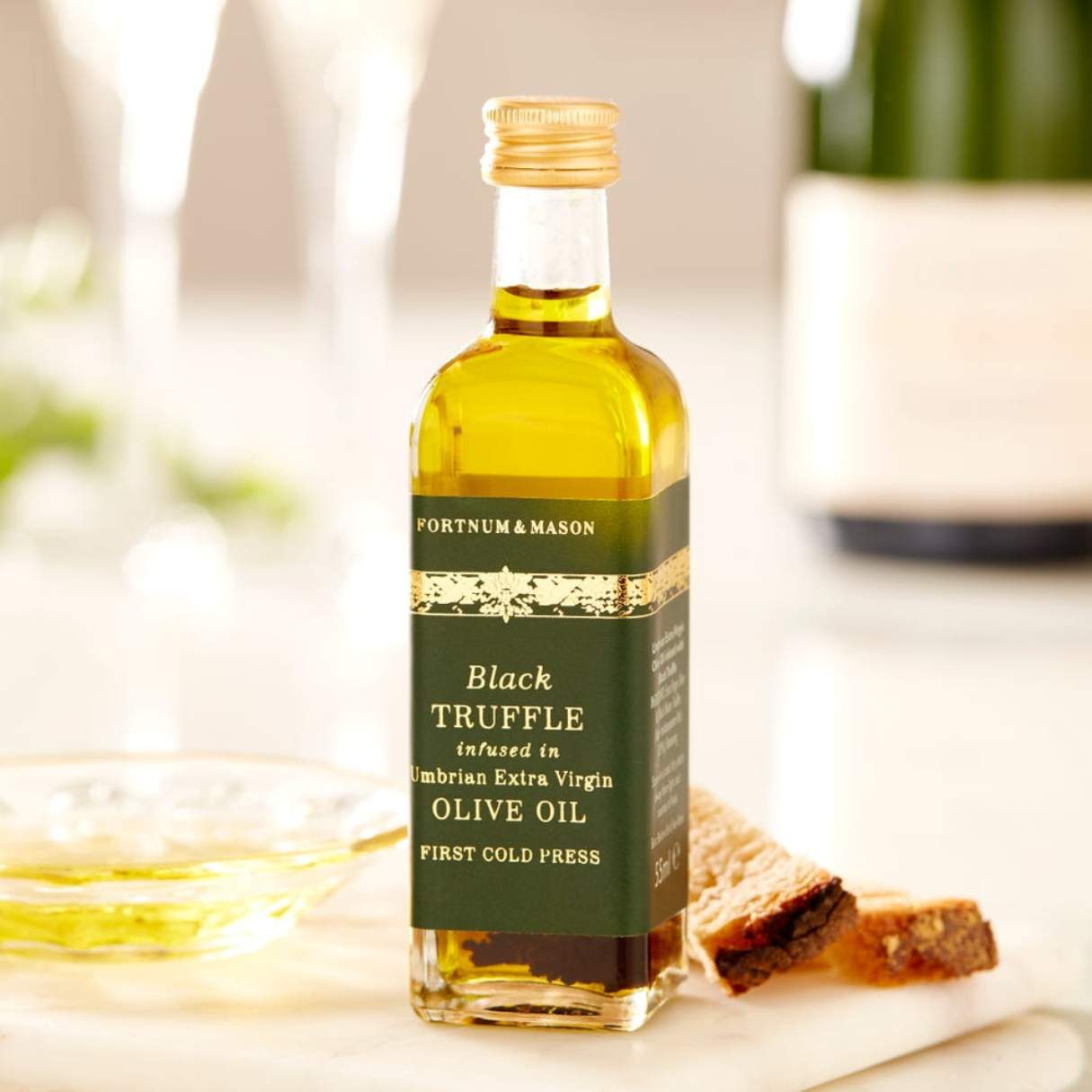



0 thoughts on “How To Store Olive Oil”